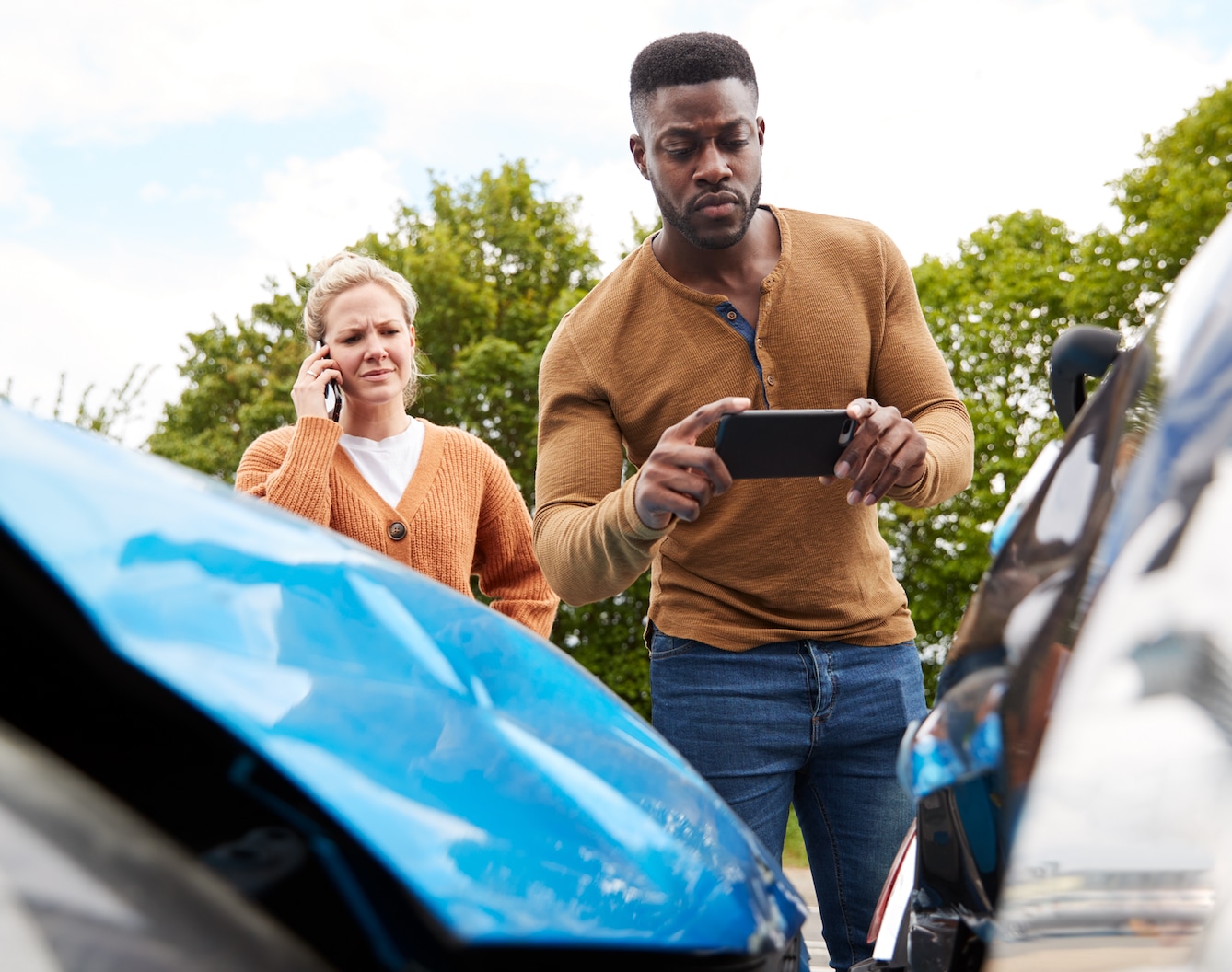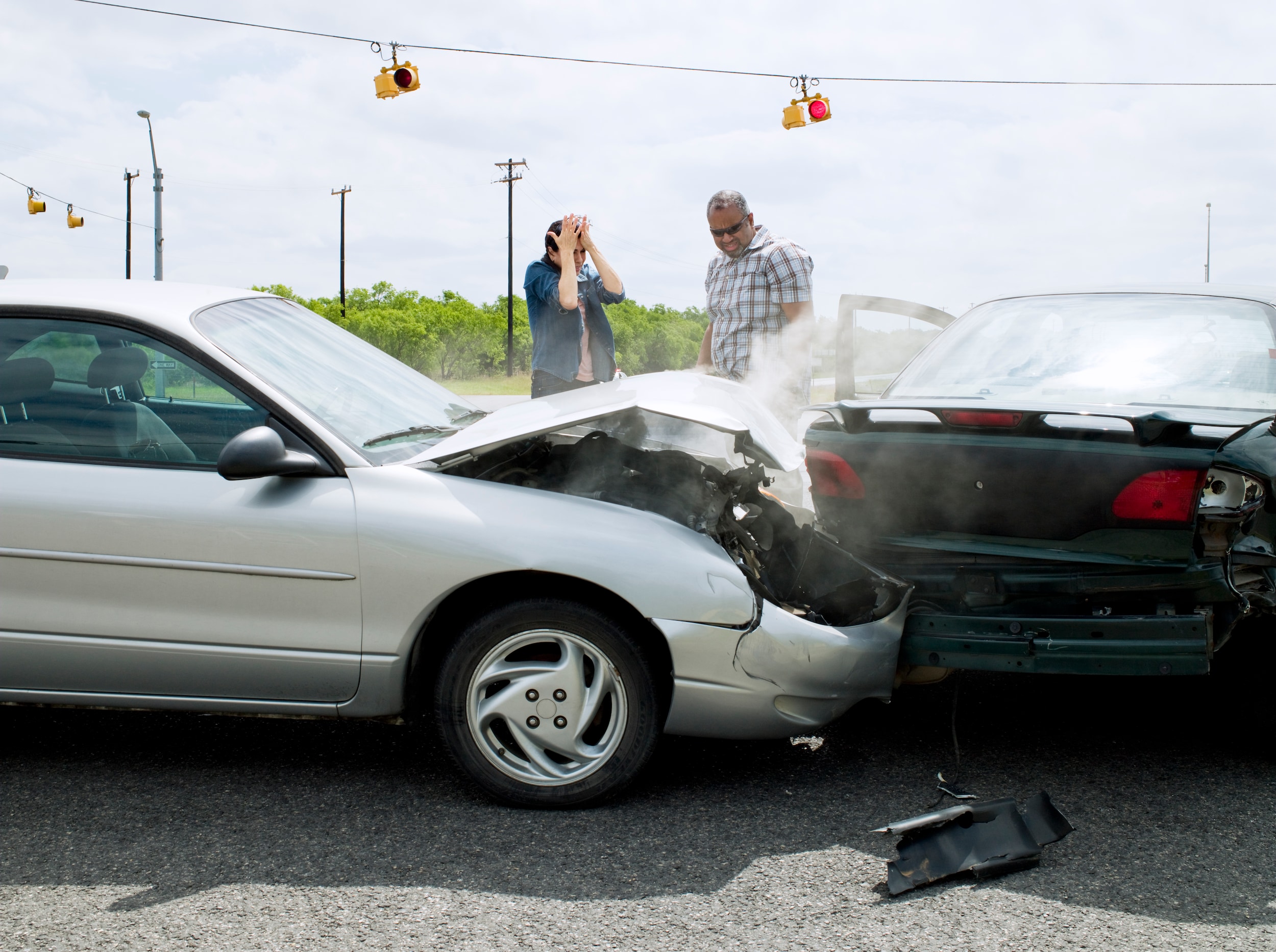Hopefully, you have never been involved in a car accident. But imagine if this happened to you. You are driving along at the posted speed limit, listening to your favorite tunes and it is a glorious day. There is a four-way intersection ahead and you slow to stop behind a Toyota RAV4. There you are, enjoying life, with not a care in the world when someone slams into your car from behind with enough force to push your car and the RAV4 in front of you into oncoming traffic.
There is the sound of screeching tires, horns blaring and metal smashing into metal. Then, there is silence. You are stunned. You look in your rearview to see a pickup truck attached to the back of your car. The driver stared back at you in shock. You check to make sure that you are okay. Your hands shake as you open the driver's door and step out to inspect the carnage.





